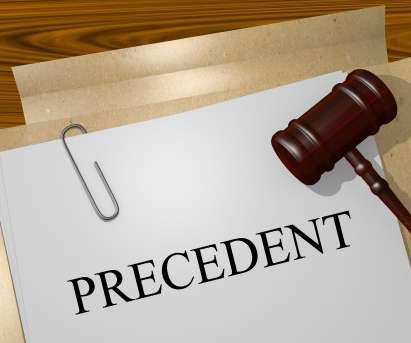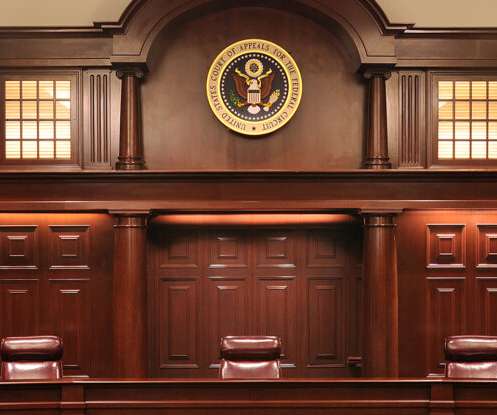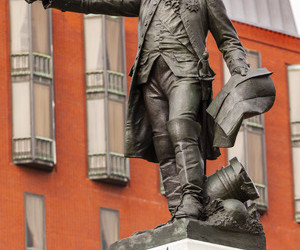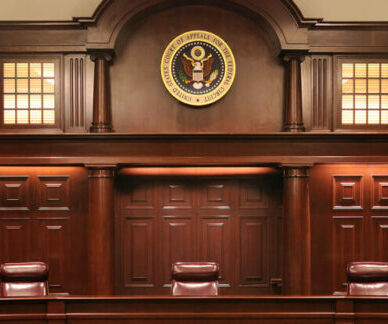Federal Circuit: District Court Properly Struck Expert Testimony that Failed to Apply Agreed-Upon Claim Construction
IP Watchdog
NOVEMBER 30, 2022
Court of Appeals for the Federal Circuit (CAFC) today issued a precedential opinion affirming a district court order that struck parts of an infringement expert report and also granted summary judgment of non-infringement to Valve Corporation. Treehouse Avatar, LLC owns U.S.













Let's personalize your content